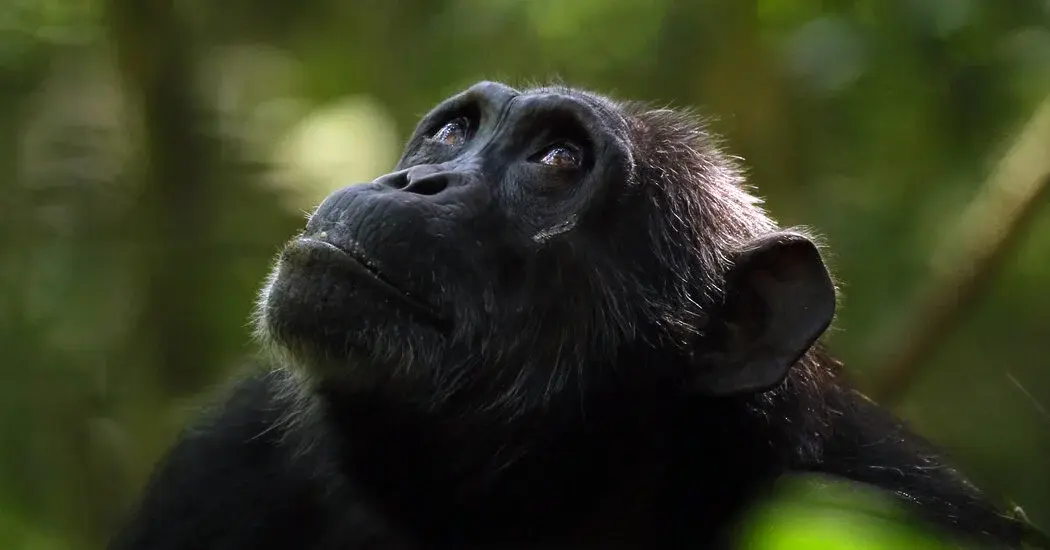It is not obvious why selection should favor menopause or the continued survival of individuals that can no longer reproduce. The famous Grandmother Hypothesis had been used to explain the evolutionary significance of menopause. A new study conducted on the Ngogo chimpanzees community of wild chimpanzees in Uganda challenges this hypothesis. Science 27 Oct 2023 Vol 382, Issue 6669 DOI: 10.1126/science.add547



I think there is a much simpler explanation: childbearing is an extra effort for the organism, having the highest success rate with individuals in peak physical shape, so in order to maximize the number of food gatherers for the group, it makes sense to prevent older individuals from being exposed to the risk at all, and shutting down the whole mechanism further reduces their energy requirements.
The process only makes sense in species where individuals can live and contribute to a group long enough after the childbearing risk has reached some threshold. Also meaning, the longer and “more expensive” the pregnancy, the earlier that threshold might be reached.
Otherwise, if they don’t live in a group, and/or their average lifespan is not long enough, and/or the pregnancy is relatively short and inexpensive, the evolutionarily beneficial process is to keep trying to reproduce until the effort is too much and the individual dies, stopping to compete for resources.